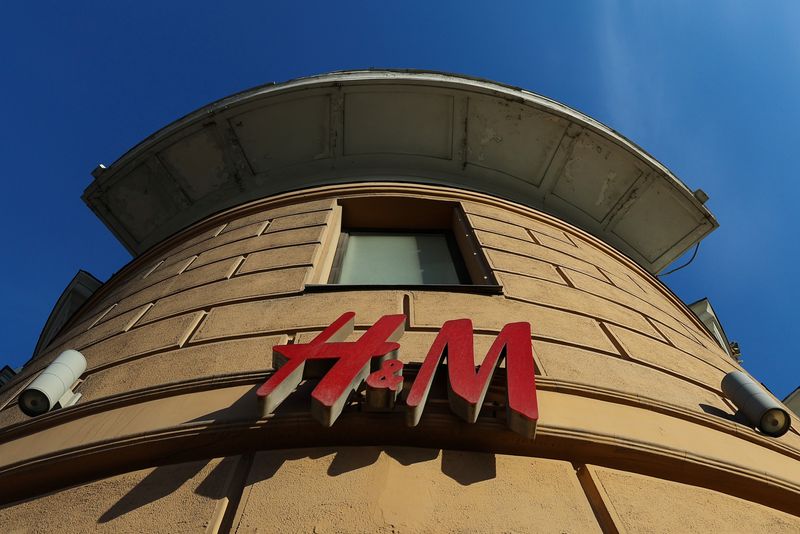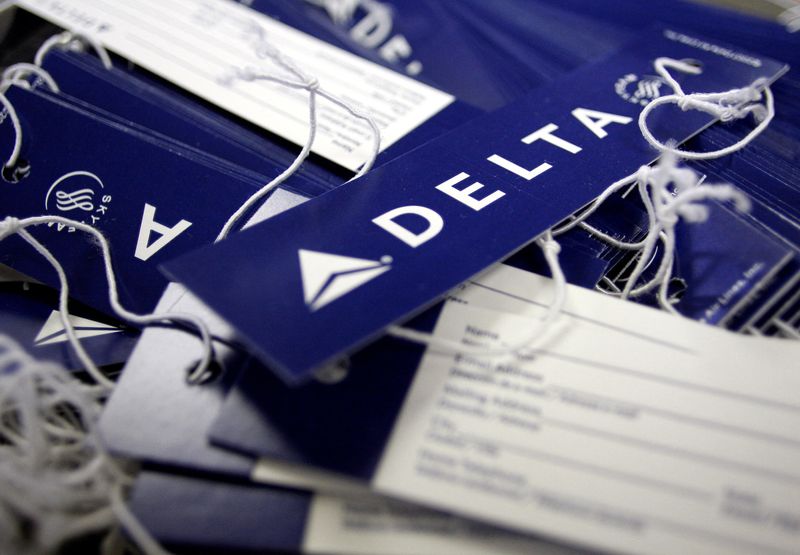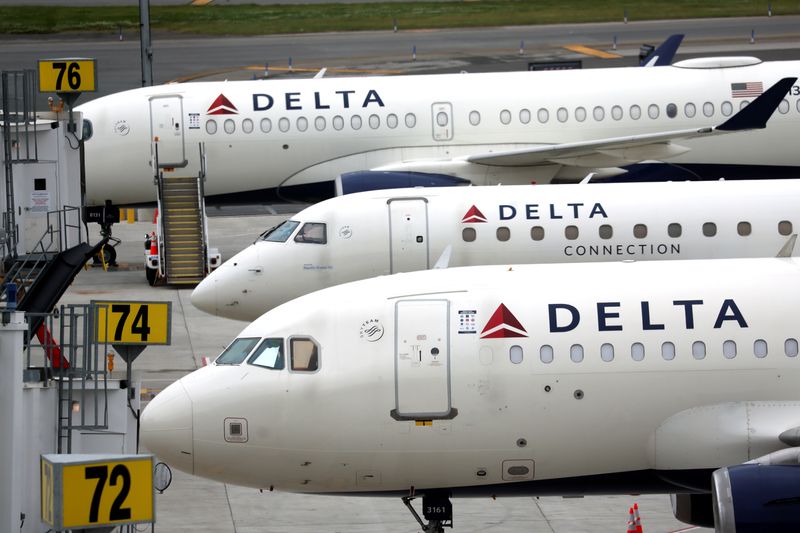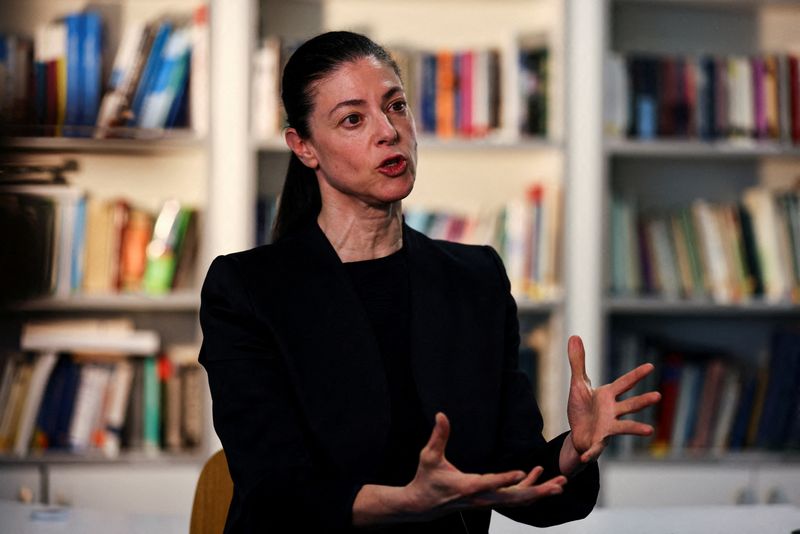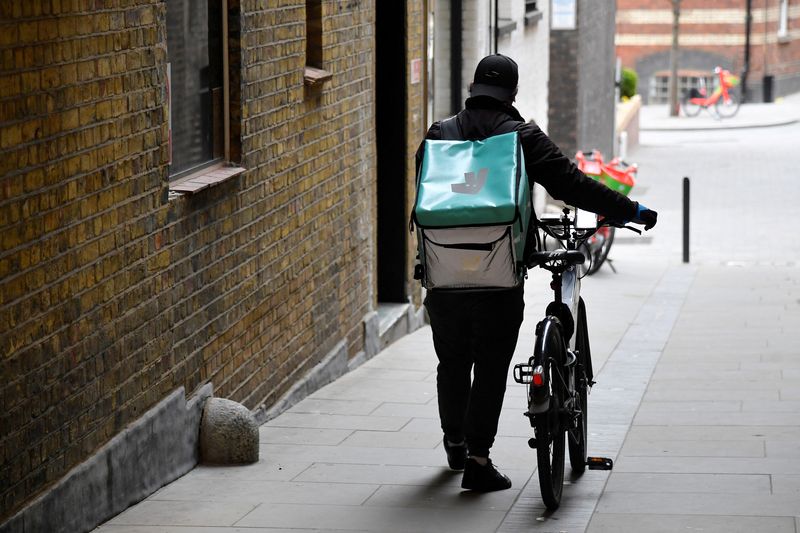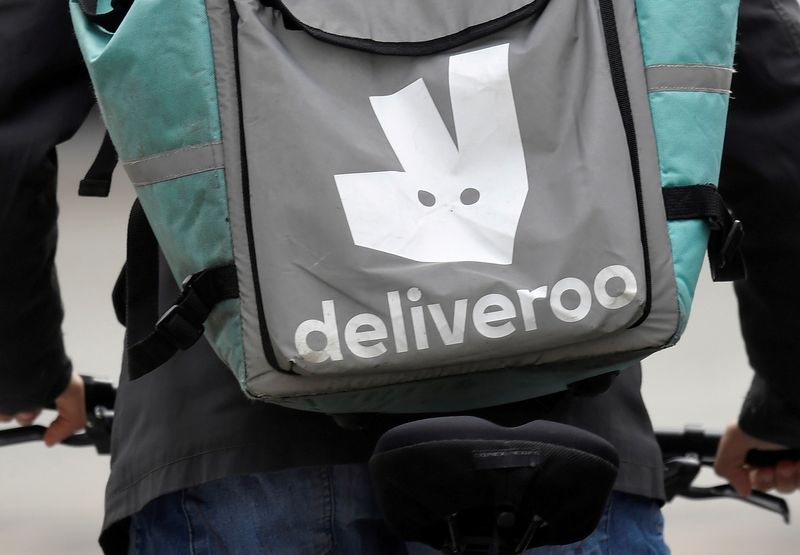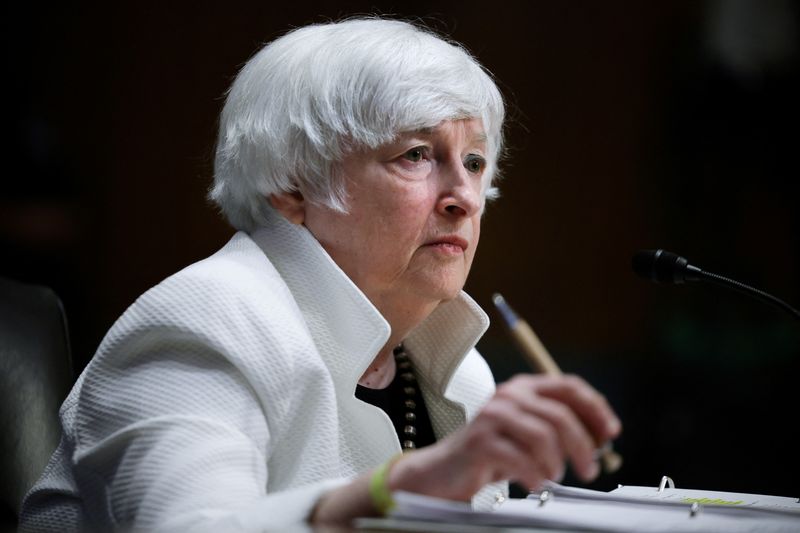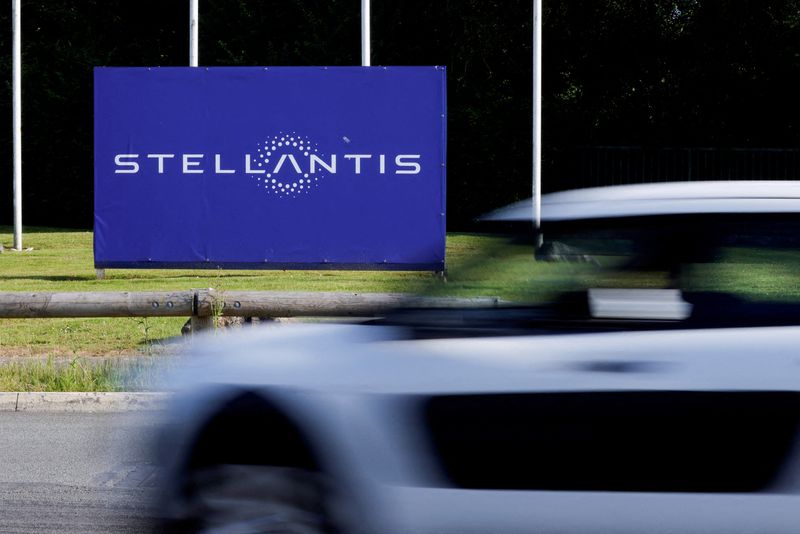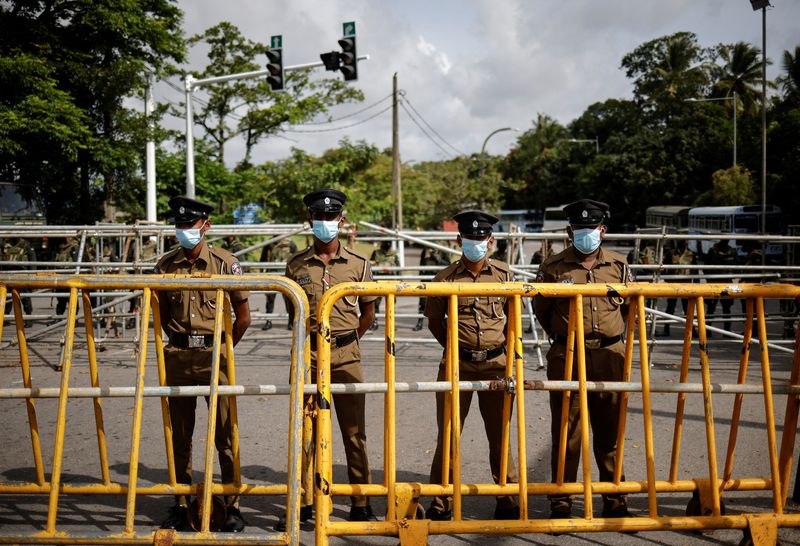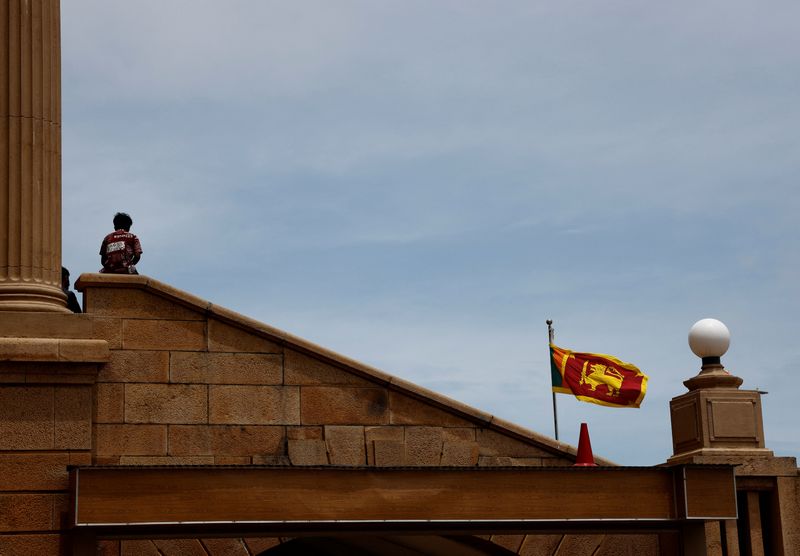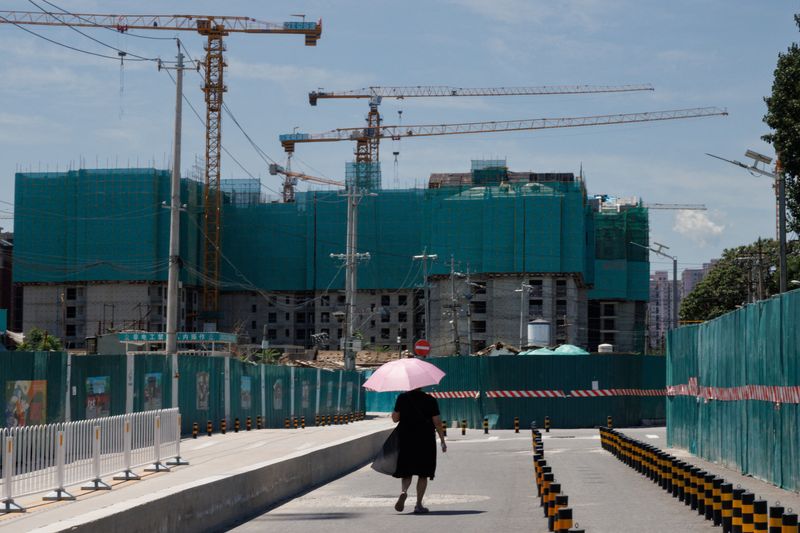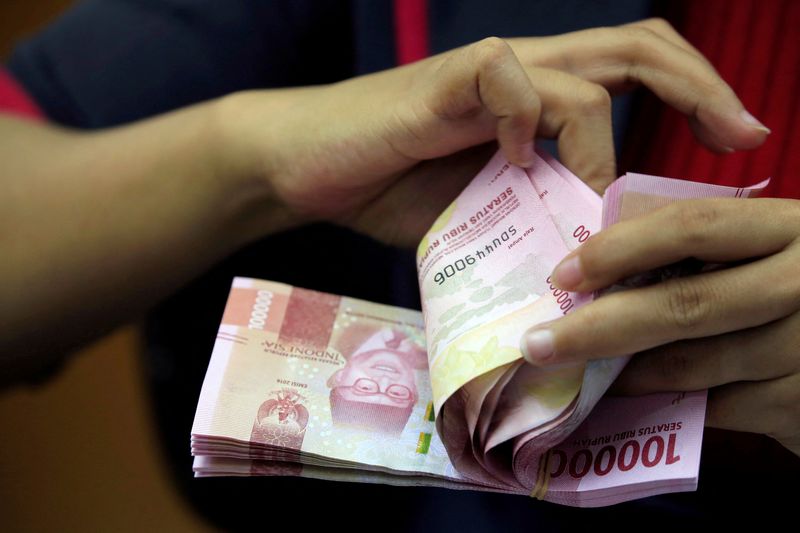By Supantha Mukherjee and Marie Mannes
STOCKHOLM -H&M, the world’s second-biggest fashion retailer, said on Monday it will wind down its business in Russia, a move that will cost almost $200 million and affect 6,000 staff as it joins a growing number of companies fully exiting the country.
The company suspended its business in Russia in early March in the wake of Western sanctions against Moscow following its invasion of Ukraine.
Russia was H&M’s sixth-biggest market and the company was increasing its store count there while reducing physical stores in many other markets.
“After careful consideration, we see it as impossible given the current situation to continue our business in Russia,” Chief Executive Helena Helmersson said in a statement.
“We are deeply saddened about the impact this will have on our colleagues,” Helmersson said but did not elaborate. A company spokesperson said about 6,000 employees in the country would be affected.
Shares in H&M were down 0.5% at 1250 GMT, lagging a 1.4% rise in the Stockholm bourse’s benchmark index.
The entire wind-down is expected to cost about 2 billion Swedish crowns ($191.3 million), of which about 1 billion crowns will have a cash flow impact, H&M said. The full amount will be included as one-time costs in the results for the third quarter.
Russia was one of H&M’s fastest-growing markets, and one of its most profitable, said RBC Capital Markets Richard Chamberlain, calling the decision to pull out “somewhat inevitable”.
H&M intends to temporarily reopen physical stores in August to sell the remaining inventory in Russia, a spokesperson said.
The shutdown will affect the company’s 170 physical stores in the country and its online sales channels, a spokesperson said. H&M rents the stores and operates them directly.
Several other retailers, including Inditex, Adidas have halted sales in the country, while U.S.-based fashion retailer TJX and Poland’s biggest fashion retailer LPP decided to sell their businesses in Russia.
H&M’s biggest rival, Zara-owner Inditex, told shareholders last week that it would keep operations suspended for the time being.
“We are in contact with all actors that have been affected by the suspended measure and we are exploring different alternatives… But at this moment there is no other decision than to continue to monitor the situation,” said Inditex CEO Oscar Garcia Maceiras.
Hit by sanctions and supply chain issues, Russia has legalised so-called parallel imports, which allow retailers to import products from abroad without the trademark owner’s permission.
($1 = 10.4543 Swedish crowns)
(Reporting by Anna Ringstrom and Supantha Mukherjee in Stockholm, Marie Mannes in Gdansk; Corina Pons in Madrid; writing by Supantha Mukherjee and Gwladys Fouche; editing by Niklas Pollard, Emelia Sithole-Matarise and Susan Fenton)
